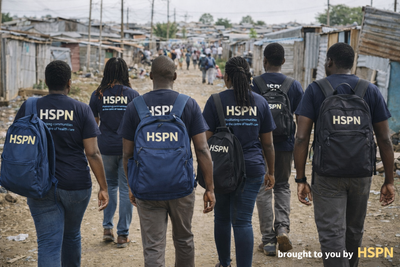How to disclose your HIV status to your kids?
A five-year-old can grasp the concept of germs and that they need to take medication daily — what the guidelines call “partial disclosure”. But a 12-year-old can understand not only that they have HIV, but also how it’s spread and the implications of infecting someone else.
Covering up a child’s HIV status, say the guidelines, does more harm than good.
There is no comparable framework for HIV-positive parents who want to disclose their own status to their children but Marnie Vujovic, a clinical psychologist believes many of the same rules apply.
“As they mature, children are able to take in more and more information and absorb it in a meaningful way,” she says. “Parents can get a pretty good sense of where a child is just in a conversation — and often they’ll give you natural opportunities to tell them more just by asking questions. That’s a perfect time to say, ‘Okay this child needs more information. He or she has seen something and is concerned about it and I need to answer it honestly and openly as I can rather than side-stepping the issue.’”
The Amagugu intervention sought to teach the participating mothers an age-appropriate way of telling their HIV-negative kids about their status, with toys and games specifically targeted at six- to 10-year-olds.
A sticker activity can be used to explain how HIV attacks a body: the virus becomes angry red dots, the CD4 cells — bodies that typically help the immune system’s response — are depicted as spears trying to fight it off, and antiretrovirals (ARVs) emerge as green shields.
A memory card game helped mothers to explain their monthly clinic visits and everything the children could expect to see there: doctors, nurses, ambulances, needles.
Mothers need to keep the emphasis on their love for the child — to keep their arms wrapped around their shoulders, to speak calmly and reassuringly.
“For this age group of children, the disclosure goes better with more preparation and if mom is more emotionally contained,” says Rochat. For the mothers, it meant counselling sessions before their disclosure to help them to come to terms with their own narrative about how they had contracted HIV.
“You don’t have to tell your kids the whole truth,” says Rochat. “They don’t have to know if you were raped or that your partner cheated on you.”
